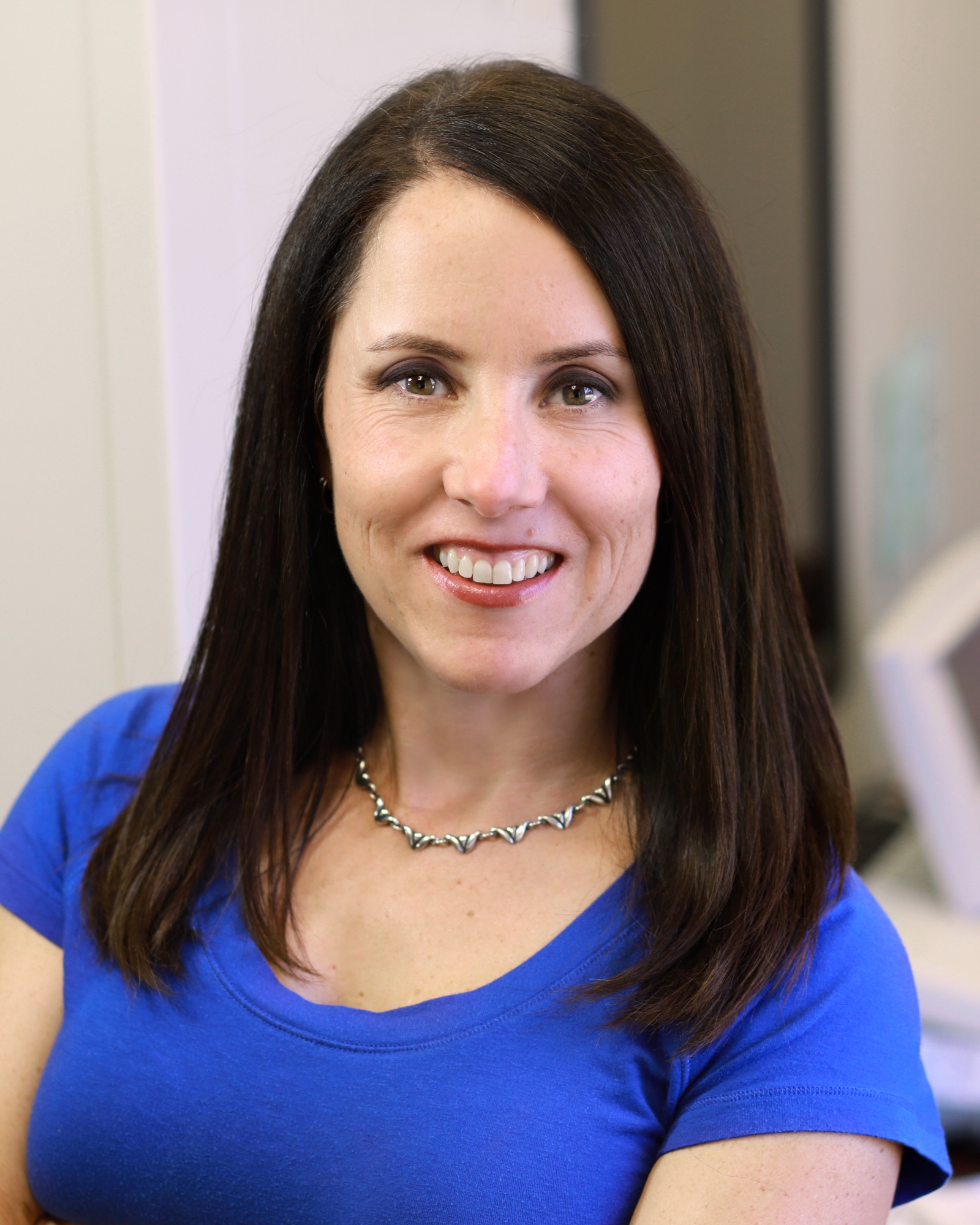|
www.HealthyHearing.com |
The dog ate my hearing aid! Surprising ways people lose their hearing aids
Contributed by Debbie Clason, staff writer, Healthy Hearing Hearing aids these days are tiny. And that makes them easy to lose, and easy for pets to walk off with before anyone notices what Fido is up to. 
The family dog uses them as a chew toy, says Audiologist Melissa Danchak. “It’s not as uncommon as you might think,” says Dr. Melissa Danchak, AuD, of Kos/Danchak Audiology and Hearing Aids in Arlington, Texas. “We usually see three or more people per month who lose their hearing aids. In January, I counted eight people who lost them.” Her clinic dispenses as many as 50 hearing aid units each month. With each prescription, Dr. Danchak includes suggestions for keeping track of their new devices. Good hearing aid habits is key“Generally, people lose their hearing aids because they don’t develop a routine,” she said. “When I’m dispensing the hearing aids, I first tell them to wear their hearing aids all their waking hours. If they’re in their ears, they’re less likely to lose them. If the hearing aids are placed in their box/charger when they are removed, they won’t get lost. Developing good habits is important to prevent loss.” 
That means taking a few extra steps, even if you’re tired and want to take a nap. It’s easy to knock the aids off a side table or counter and into the sink. Women should consider keeping a designated hearing aid container in their purses so they have a recognizable container to put them in when they take them out when not at home. Those who don’t follow Dr. Danchak’s advice often lose their hearing aids—or find them in the most unlikely places. “I had one man who stuck his hearing aids in his pocket along with his keys. When he pulled his keys out of his pocket, guess what happened?,” she said. “I had another patient who took out her hearing aid while she was reading and set it next to the peanuts she was eating. All of the sudden, she took a bite that crunched a bit differently. Fortunately, she didn’t swallow anything.” More: Lost your hearing aid? Here's what to do Hearing aids end up in the strangest placesHearing aids have been known to accidentally fall out of the ears, too. One patient told Dr. Danchak he found his hearing aid several months later in the bottom of his dishwasher while another said she retraced her steps and found her hearing aid in a parking lot. Remarkably, both units were unharmed and continued to work properly.
But the biggest reason for hearing aid loss? Dr. Danchak said it’s because the family dog uses it as a chew toy. “That’s what we see the most often,” she said. "The biggest thing I stress is to put the hearing aids in a safe place when they’re not in your ears— especially if you have a dog. You may not have a dog, but if you visit a family member and they have a dog, remember that and be conscientious. And make sure the container closes really well. You don’t want your pet swallowing any part of a hearing aid.” Watch your batteries, tooThe tiny button batteries found in hearing aids and plenty of other devices can be tempting to pets and little children. If you suspect a child has swallowed a battery, immediately call the battery National Battery Ingestion Hotline at 800-498-8666. As a Kentucky news station reported, these kind of incidences are on the rise, with more and more kids needing medical care after swallowing small objects. What to do if you lose your hearing aidsOf course, even the most diligent people can lose a hearing aid. If it happens to you, Dr. Danchak recommends checking with your provider to see if you can have a loaner while you look for your lost unit. But don’t look forever, she cautions. Although most homeowners’ insurance does not cover hearing aids, your devices are covered if they're under warranty for loss. And while replacement costs can be inconvenient, restoring your prescription sooner rather than later is important to your hearing health. “How long they look for it depends on the circumstances,” Dr. Danchak said. “If they lost it at home, I tell them to give it a week before they replace it. If they lost it out and about, they should probably replace it immediately.” So develop good habits about storing your hearing aids when they’re not in your ears, make sure they fit securely, and talk to your hearing health professional about any issues you may be having. Good hearing health habits begin by finding a hearing health practitioner you can trust and scheduling an annual hearing evaluation. Ask your family physician for a referral or search our directory to find a hearing clinic in your community. Debbie Clason, staff writer, Healthy Hearing
|
Featured clinics near me
Earzlink Hearing Care - Reynoldsburg
7668 Slate Ridge Blvd
Reynoldsburg, OH 43068

Find a clinic
We have more hearing clinic reviews than any other site!


 Debbie Clason holds a master's degree from Indiana University. Her impressive client list includes financial institutions, real estate developers, physicians, pharmacists and nonprofit organizations.
Debbie Clason holds a master's degree from Indiana University. Her impressive client list includes financial institutions, real estate developers, physicians, pharmacists and nonprofit organizations.